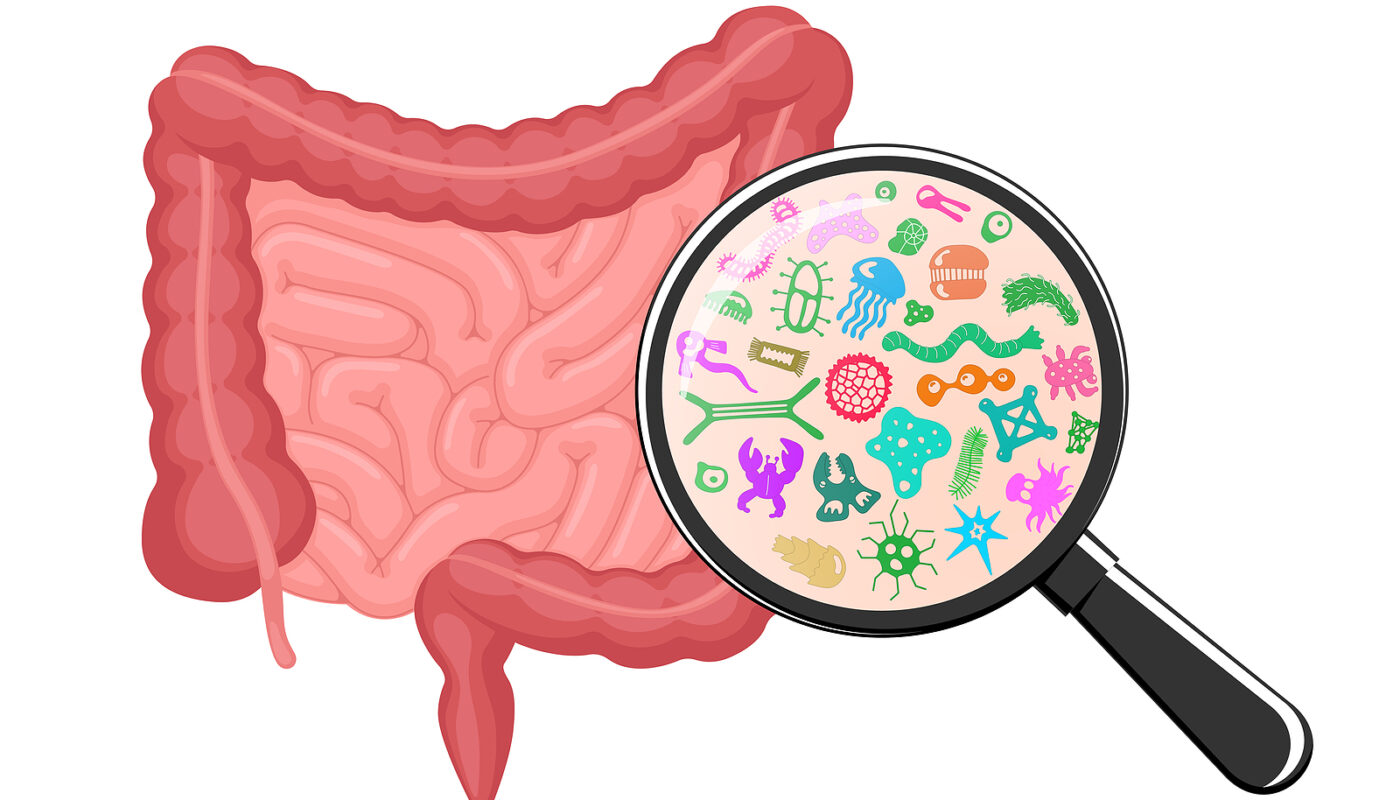A recent study conducted by researchers from Brigham and Women’s Hospital and Harvard T.H. Chan School of Public Health has shed light on the relationship between post-traumatic stress disorder (PTSD), diet, and the gut microbiome. The findings, published in Nature Mental Health, suggest that adhering to a Mediterranean diet could lead to a decrease in PTSD symptoms.
The human gut microbiome plays a crucial role in overall health and has been shown to influence emotions. However, the connection between PTSD and the gut microbiome had not been explored until now. PTSD is a mental health disorder that commonly occurs in individuals who have experienced traumatic events such as violence, severe injury, or the threat of death. The disorder not only affects the individual but also has an impact on their family, the healthcare system, and society as a whole. People with PTSD also have an increased risk of developing chronic diseases, including coronary heart disease, diabetes, autoimmune diseases, and premature death.
To investigate the relationship between PTSD, diet, and the gut microbiome, the researchers collected data from 191 participants who were part of the Nurses’ Health Study-II sub-studies, including the Mind-Body Study and the PTSD Substudy. The participants were divided into three groups: those with probable PTSD, those exposed to trauma without PTSD, and those with no trauma exposure. Stool samples were collected from each participant twice, six months apart, to examine their gut microbiome and confirm its stability.
The team then analyzed the data to identify any associations between the microbiome structure and various factors such as PTSD symptoms, age, body mass index (BMI), and dietary information. The study revealed that several host factors, including BMI, depression, and antidepressant use, were associated with the microbiome structure.
Next, the researchers examined the relationship between dietary information and PTSD symptoms. They observed that individuals who followed a Mediterranean diet experienced fewer PTSD symptoms. Specifically, the consumption of red and processed meats was found to be positively associated with PTSD symptoms, while the consumption of plant-based foods had a negative association.
In addition, the team used a triangulation method to identify potential gut microbiome species that could act protectively against PTSD. They found that Eubacterium eligens was the top candidate for a protective species. This finding was consistent across all four time points of the study, indicating a strong association between E. eligens abundance and reduced PTSD symptoms. The researchers also discovered that E. eligens was positively associated with the components of a Mediterranean diet, such as fruits, vegetables, and fish, while being negatively associated with red and processed meats.
Although the study has certain limitations, such as using a short screening scale for PTSD instead of a formal clinical diagnosis, it provides valuable insights for future research on mental health disorders and dietary interventions. The researchers plan to further investigate the efficacy of probiotics in preventing PTSD in future studies.
The results of this study offer hope for individuals experiencing PTSD symptoms, suggesting that adopting a Mediterranean diet could potentially provide relief. Further research is needed to fully understand the intricate relationship between PTSD, diet, and the gut microbiome. The study was funded by various organizations, including the National Institutes of Health and the Harvard T.H. Chan School of Public Health Dean’s Fund for Scientific Advancement Incubation Award, among others.
*Note:
1. Source: Coherent Market Insights, Public sources, Desk research
2. We have leveraged AI tools to mine information and compile it




